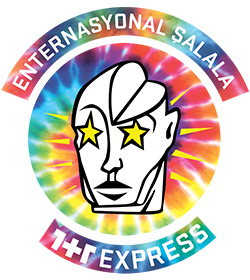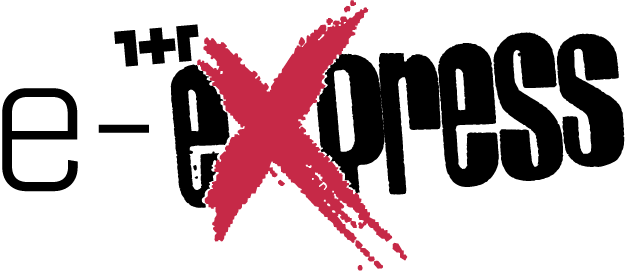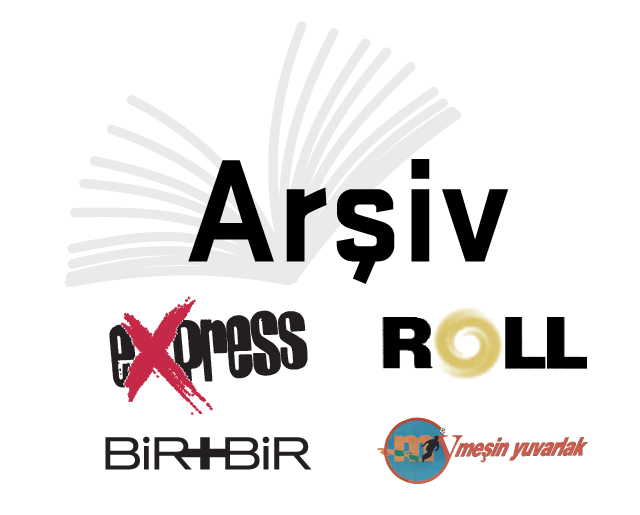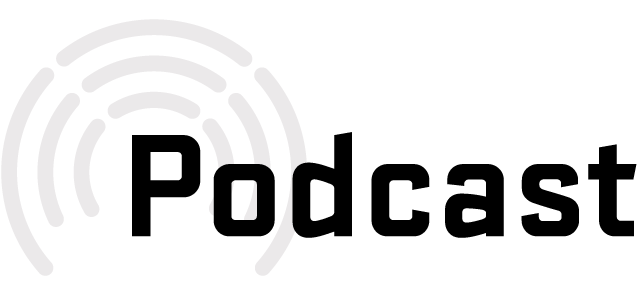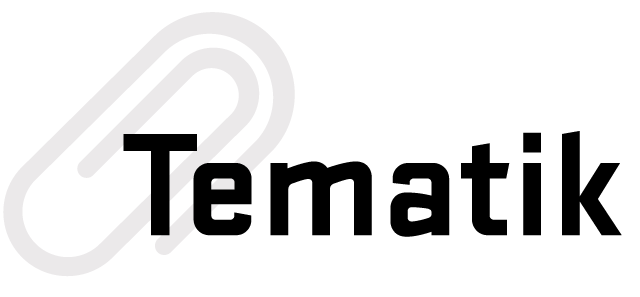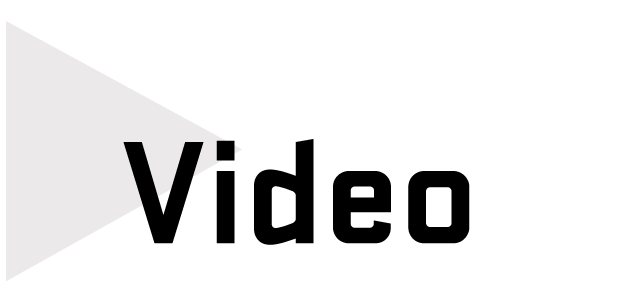What happens if women get organized by taking the responsibility of producing healthy food? How can a plan on clean energy be implemented meticulously? The chairwoman of The Devrek Sun Agricultural Development Cooperative, Saniye Uysal tells the story of the fifty-two women and their outstanding organization in Devrek-Zonguldak, a small town in the Black Sea region of Turkey.

You are from Devrek; can you tell us your background and the brief history of the town?
Saniye Uysal: I’m from the Dedeoğlu village. My father has three siblings. We used to live altogether, in the village in summer and in the town during winter. We worked in the fields, vineyards and orchards, as a family of more than thirty people. Devrek’s history is long. It was first founded as a marketplace with several inns. It functioned as a trade center for centuries. Then, many people emigrated. Number of mineworkers has decreased. Young generation left for the university. There is a brain drain. After village schools were shot down, many people emigrated to Bursa and Istanbul. Population decreased from 35 to 26 thousand. This place is not suitable for industry. Concrete buildings took over after the rise of the constructions sector. Nobody initiates the construction of factory-type manufacturing sites. Young people leave due to unemployment.
What is the state of agriculture in the town?
Wheat planting stopped about twenty-five years ago due to the sloppiness of the land. The population in the village got older. When there is no wheat, animal husbandry also stops. There is vegetable and fruit gardening and green housing in the vicinity. Family-type farming is over though.
When and where was the cooperative established?
We established it as eight female farmers in March, 2010. Now, we are fifty-three members, of which only one is male. He is our driver. Our friends from the village constitute the farming side of the cooperative and friends from the town contribute to production.
We didn’t know what a cooperative was exactly, despite our experience in NGOs. You cannot be part of such a model if you don’t have the spirit of solidarity and sharing.
How does the contribution of the participants in the village and in the town differ?
Farmers are in charge of the agricultural production. We get the raw materials to be used in our production, such as fruits and cheese to make milk, stinger and jam, from our partners. This was also the aim of the mill project. We usually produce dough products for which we need flour. There are highly harmful ingredients in industrial flour and it is quite expensive. We started this project to revitalize the nature and create employment. There is a farm in Dirgine; we are not partners yet. We signed a contract with them at the District Directorate of Agriculture and they planted wheat in 240 acres. We will pay 1.35 lira per kilo. We provided them fertilizer and cash in advance. We plan to extend the plantation area up to a thousand acres. The farmers are very pleased.

How did you join the cooperative?
I worked as a teacher and got retired. I started farming fifteen years ago. I have fruit gardens and greenhouses. We had difficulties in selling them. The mafia took over the business in Devrek center. The municipality is not acting fairly. It is not clear who is the producer and who is the seller anymore. We couldn’t find a place for ourselves in the market as producers. You cannot easily fight against these profit-oriented feudal-types who claim the whole market.
Why have you chosen the cooperative model?
We had to solve the problem I mentioned. We didn’t know what a cooperative was exactly, despite our experience in NGOs. You cannot be part of such a model if you don’t have the spirit of solidarity and sharing. Cooperative regulations are really fair. You all have equal rights and one vote. It works perfectly if you stick to the rules. Our experience in getting organized made it easier to build the cooperative model. The consultants in Zonguldak District Directorate of Agriculture provided us guidance. Hence, we came together as eight women.
How do you manage the cooperative?
We take all the decisions collectively. We train new generations who will take more responsibility in the future.
People love our products: village bread, flatbread, nut honeycomb, white baklava…These are also almost extinct products. For instance, we revitalized the production of white baklava.
Can you talk about the first years of the cooperative?
Dough products was never our sole goal. We also wanted to sell the fruits and vegetables we produced. We got a space in 2010 to sell the fruits, vegetables, daily dough products, jams and noodles. There was a high demand. But we felt the need to standardize the products and got a second space. People love our products: village flat bread, nut honeycomb, white baklava…These are also almost extinct products. For instance, we revitalized the production of white baklava.
What is exactly white baklava?
It is a labor-intensive product. We dry fifty-five layers separately and bake it in low temperature, at least for four hours. We use butter and beet sugar, no additives. It is believed that it was mainly done by the Armenians who used to live in this region. You can also find it in cities such as Mardin and Bartin.
Did the demand for your products initially come from Devrek?
In the beginning, yes. Then Mikla Restaurant invited us to Istanbul. Since then we’ve been providing them noodles, tarhana, cornelian cherry nectar, and vine leaves. We’ve worked together for six years. We regularly send them philodendron when it is the season.
How is your relationship with other cooperatives?
We initiated a gathering of women cooperatives in Turkey on one platform: Simurg (Simurg Women Cooperative Union). We care about solidarity, it’s not all about money. We bring cooperatives together and guide each other, exchange ideas and products.

The Devrek Sun consists of almost only women, why?
In most of the other agricultural development cooperatives, men are the majority. Ours is the opposite, but not as a result of a specific policy, it was rather a natural process. We don’t emphasize our gender identity. In fact, we need white-collar workers, retired teachers, accountants in our cooperative, who can develop projects and do planning. Up to now our members have been women but we have to think about the future. We now build sun panels, we have mills, but how are we going to grow? We need visionary people, gender is not an issue.
Can you tell us the story of the sun panels?
We use flour without additives. It is very difficult to find proper raw material. There is not enough wind here. We face south and get twelve hours of sun. Sun energy panels can cover the energy of the mill and we can sell the rest to the Turkish Electricity Enterprise (TEK). We will make flour from wheat with clean energy. We want to be in charge of each phase of production. We care about healthy nutrition. Products are tricky these days, fruits are poisonous. They even use bleach to make flour look white. We will grow our own fruits. We plan to make rose gardens next year.
What do you think about the agricultural policies in Turkey?
Production almost stopped, farmers are in trouble. While luxurious yachts get diesel for two liras, farmers pay six. Some exported products are sent back due to health reasons. Number of people who have cancer is steadily increasing. If you want to ruin a country, you don’t have to start a war, just manipulate their products.
We need white-collar workers, retired teachers, accountants in our cooperative, who can develop projects and do planning. We need to think about the future. We build sun panels, we have mills, but how are we going to grow? We need visionary people.
How did you develop the mill and sun panel projects?
Our project was approved by Western Black Sea Development Agency (BAKAK). They gave us the 90 percent of the budget; we got credits for the remaining 10 percent. The construction budget has increased drastically with the rise of the dollar. We still had to pay for the software, connection, project development. Some members sold their jewelry to pay for these. This is what a cooperative should be like.
How do you share the income?
We have a driver, a dough products producer, a bread maker and two factory workers. They are our employees with wages and social security. Other partners get involved when things get busy. Workers are also paid for the products they bring. We spend the profit for the investments, in line with the decisions collectively taken. Otherwise, we wouldn’t have succeeded in what we do. We didn’t even have a tea spoon when we founded the cooperative. Volunteer work is what keeps cooperatives alive. One should have a goal in life, ours is collective production.
Do you get new partners?
We have enough partners for production: Devrek Center, Dedeoğlu village and Çolakpehlivan village. There were no agriculture cooperatives here before. New partners should embrace the principles of cooperatives, which is not very easy. In the beginning, we got partners just to increase our number, but it didn’t contribute to the cooperative. People who are not used to sharing cannot operate here easily. Though, it is easier with younger people.
What do you think about the current state of cooperatives in Turkey?
Apparently, there have been cases of misconduct in construction and transportation cooperatives. Therefore, people have misconceptions about cooperatives. Yet, we see this perception changing through grassroot organizations and women cooperatives of production. Cooperatives are transparent, solidary and democratic places and things go smoothly when you stick to these principles.
Where do you see The Devrek Sun in five years?
Let the stone mill start running, then we will talk again. We finished the infrastructural work; got the legal authorization for production. The mill will turn, we will produce more wheat and fruits, construct more green houses and then things will look even better!
Translated by Aylin Kuryel
